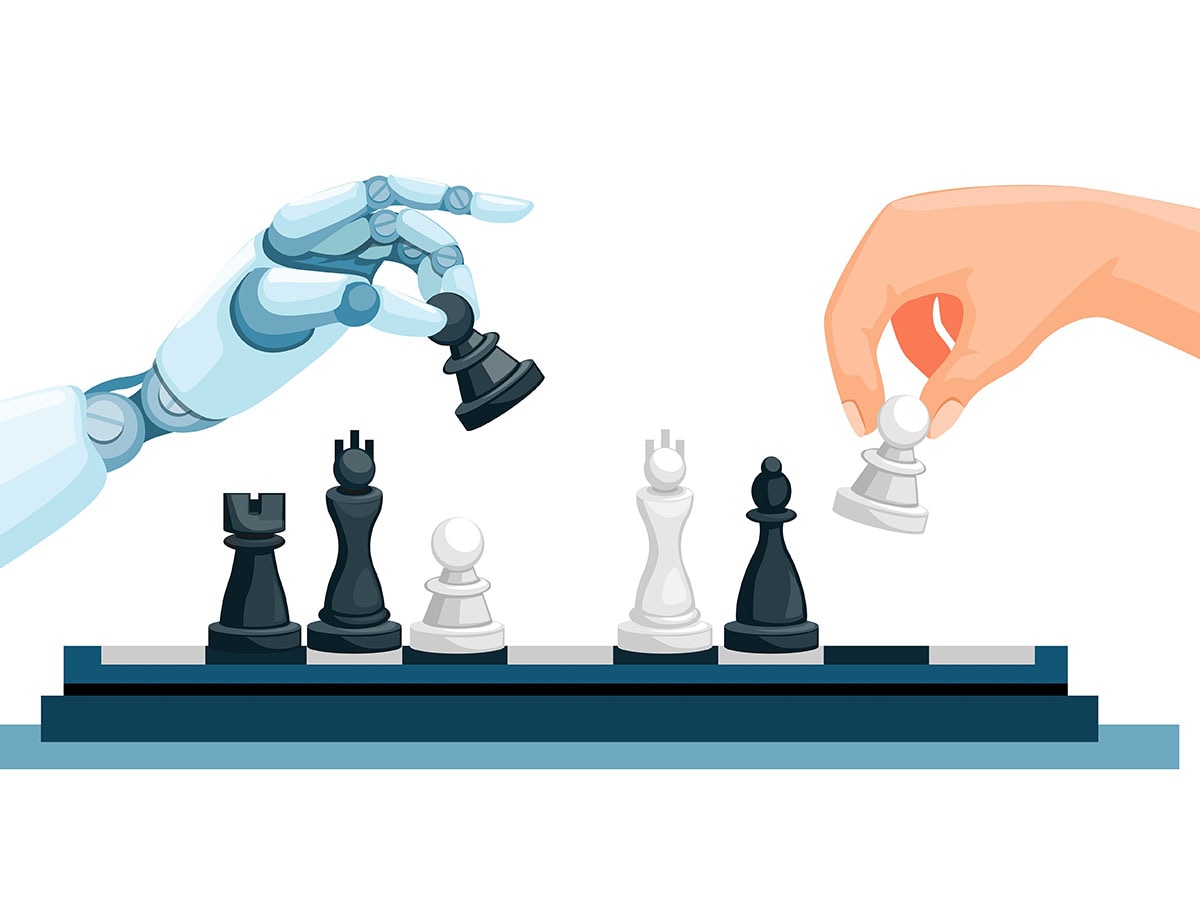
AI is powerful but is it fair? This new approach levels the playing field
In the rush to adopt AI, many organizations are overlooking a critical issue: fairness. Ensuring AI systems make decisions that don't unfairly disadvantage individuals or groups is crucial
 Image: Shutterstock
Image: Shutterstock
Generative AI is transforming businesses, offering unprecedented efficiency and productivity gains. This technology automates repetitive tasks, streamlines processes, and analyzes vast amounts of data faster than ever before. As a result, businesses are seeing dramatic improvements, boosts in operations and bottom lines.
But in the rush to adopt AI, many organizations are overlooking a critical issue: fairness. Ensuring AI systems make decisions that don't unfairly disadvantage individuals or groups is crucial.
Ignoring this can lead to unintended biases, worsening inequalities and eroding trust. Imagine an AI system that consistently assigns the best shifts or most desirable tasks to certain employees – this could create a hidden layer of workplace discrimination.
Darden Professor Rupert Freeman and his colleagues are addressing this challenge with a new concept called "order symmetry." Their new paper, "Order Symmetry: A New Fairness Criterion for Assignment Mechanisms," proposes a fresh approach to ensuring AI allocates tasks and resources fairly.
Order Symmetry Levels the Playing Field
“Order symmetry means that no one is treated inherently better by the rule than anyone else,” says Freeman, an Assistant Professor of Business Administration. “This ensures that no one is always getting the best items, making the process fair for everyone.”
[This article has been reproduced with permission from University Of Virginia's Darden School Of Business. This piece originally appeared on Darden Ideas to Action.]

















